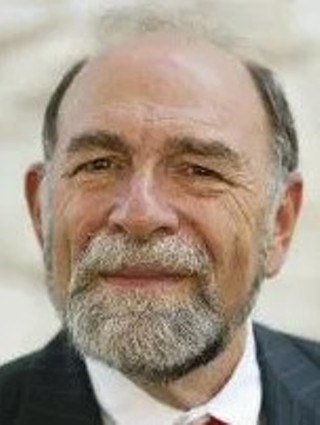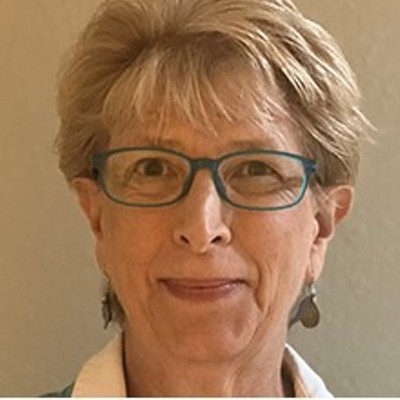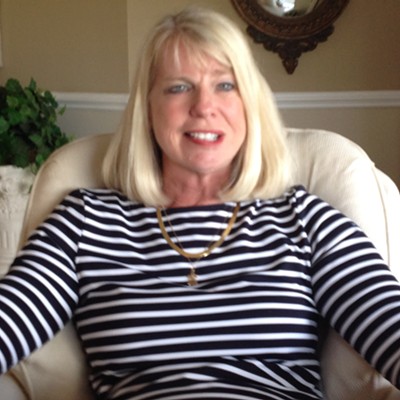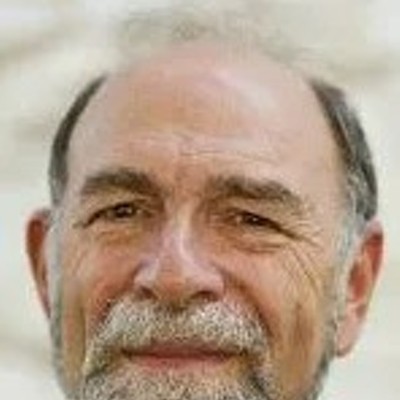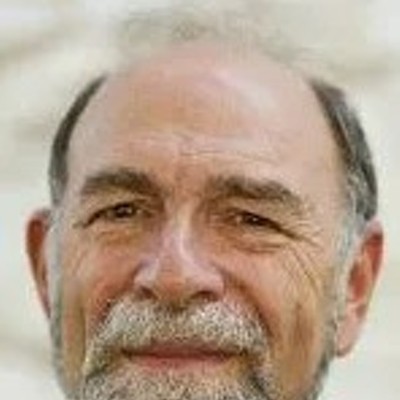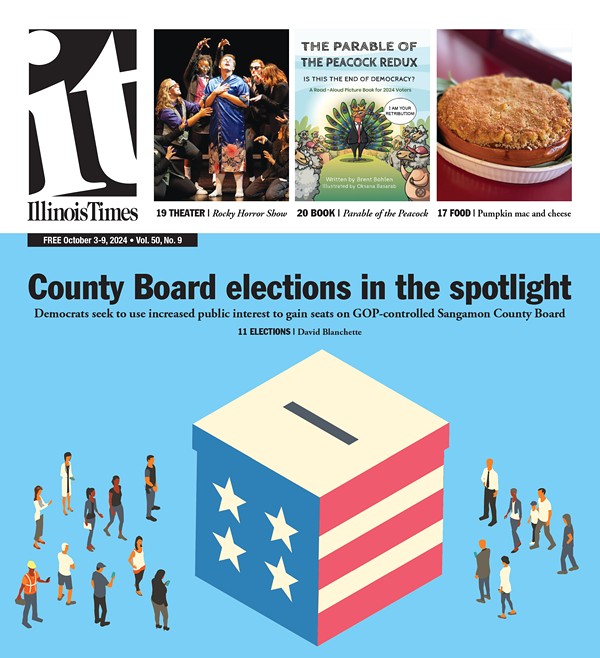The Fourth of July is an occasion for picnics, parades, fireworks and patriotic oratory celebrating our history and heritage as a country. As a child I enjoyed having my Dad home from work on a weekday, going out as a family to eat, and, after nightfall, watching the fireworks that were shot off from the stadium several miles from our home. As an adult the day marking the signing of the Declaration of Independence in Philadelphia 248 years ago has come to be an occasion for me to reflect on the American past and the challenges that face us in the present as well as on my own family’s history.
I will always be grateful that my grandparents, all four of whom were born in what was the Russian Empire, made the decision to emigrate to America during the first two decades of the twentieth century. The Russia that they left was a place of limited opportunity for Jews, crushing poverty and antisemitism propagated and encouraged by the rulers that often led to pogroms, murderous attacks on Jews that exacted a heavy toll on life, limb and property. I am thankful that, under the immigration policies in force at the time, my grandparents were able to enter this country, provided only that they were in good health and able to support themselves. Adjusting to a new country was a struggle during their early years here, and antisemitism was still a reality that my parents’ generation encountered, not as virulent as the European variety but nonetheless present and expressed in bigoted remarks directed at them and in discrimination in employment, college admissions, housing and access to clubs, beaches and recreational facilities. However, there were freedoms and opportunities here in America that Jews could never have enjoyed in the places of their birth. The experience of World War II, when Jews served alongside non-Jews in the military and when the horrific consequences of Nazi racism and antisemitism became widely known, may have been a turning point leading to greater acceptance of Jews and to the marginalization of antisemitism (but unfortunately not its disappearance).
Regrettably my family’s experience and their good fortune have not been shared by all who reside within our borders. Native Americans were dispossessed and driven from their lands. Blacks were brought to these shores in chains and endured 250 years of brutal enslavement and another 100 years of segregation, Jim Crow discrimination, lynchings and racial stereotyping. Frederick Douglass in 1852 asked and attempted to answer the question, “What to the Slave is the Fourth of July?” … cataloguing the horrors of slavery but ending on a note of hope. “There are forces in operation which must inevitably work the downfall of slavery.” Women did not have the right to vote for their representatives in government until 1920, and it was not until the rise of the feminist movement in the 1960s and 1970s that the discrimination and inequality impacting their opportunities and life choices began to be addressed.
Historian Heather Cox Richardson in her daily blog this past week notes that Abraham Lincoln invoked the Declaration of Independence in a speech he gave in 1858 to rebut the argument that Blacks were racially inferior and fit only for slavery and the performance of menial tasks. In response, Lincoln said that such notions of racial inferiority “will rub out the sentiment of liberty in this country.” “I should like to know,” Lincoln continued, “if taking this old Declaration, which declares that all men are equal upon principle, and making exceptions to it, where will it stop?”
America is a work in progress. What Lincoln understood the Declaration and its assertion that “all men are created equal” to mean was certainly different from what its signers, many of whom were slaveholders or who countenanced the continuation of the institution in the interest of national unity, understood. Like Lincoln, we must hold firmly to the principles of the Declaration and continue building on its commitment to justice and equality. And like Frederick Douglass, we must not despair.
Rabbi Barry Marks is rabbi emeritus of Temple Israel in Springfield.

